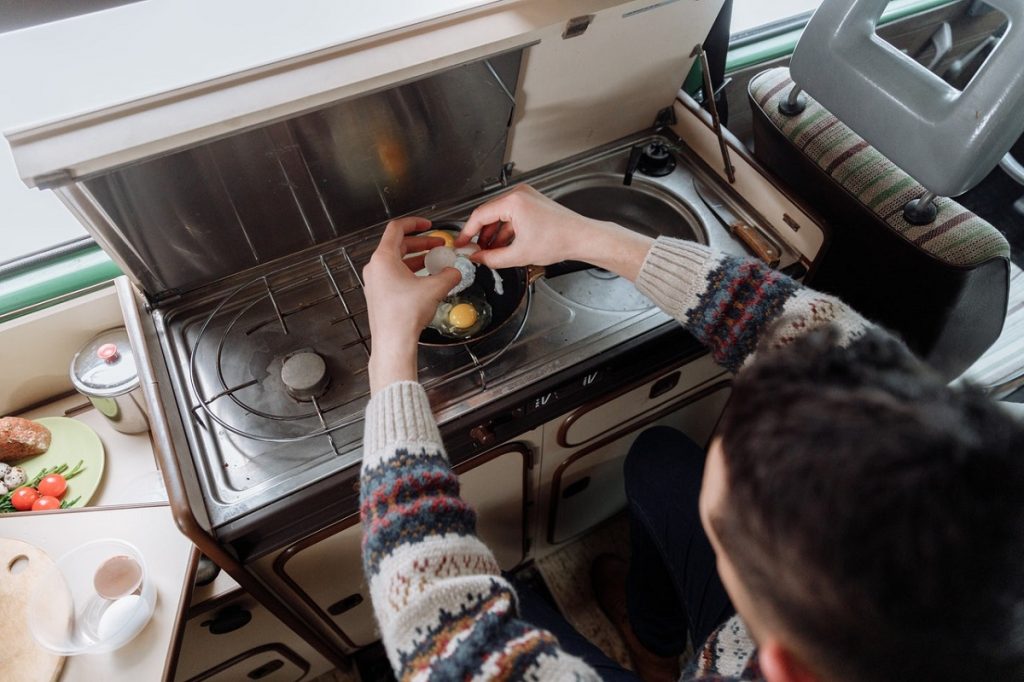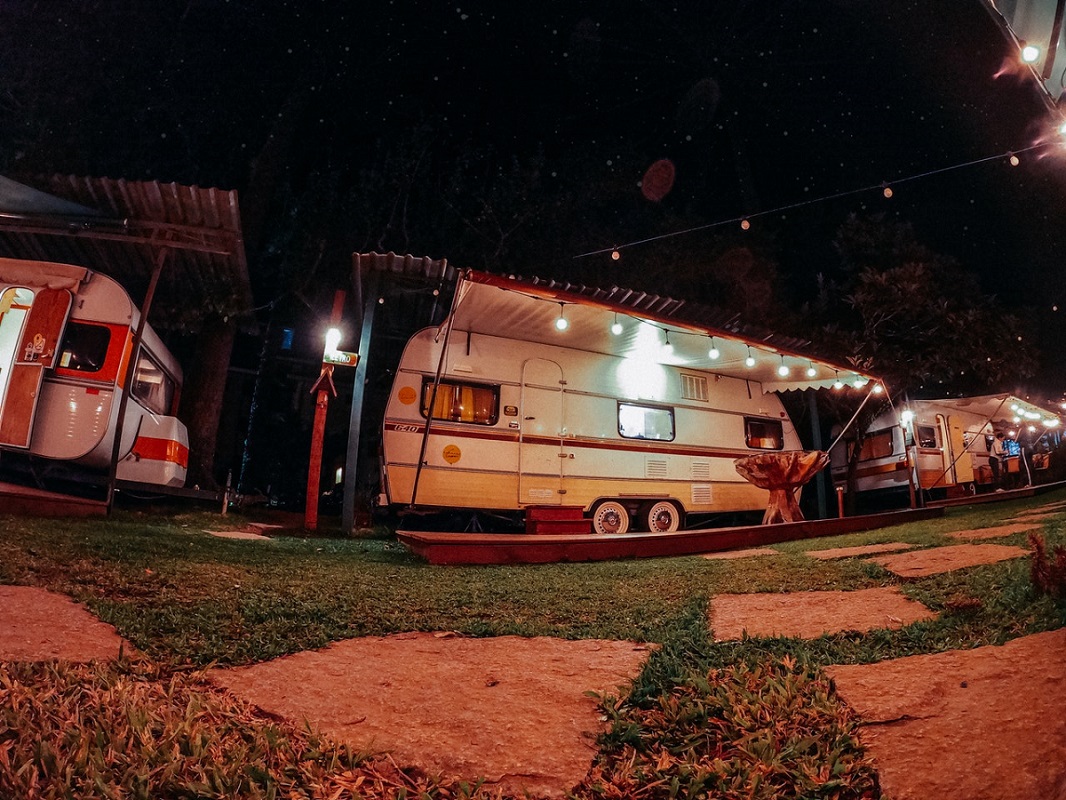We could all say the overarching question when considering living off the grid with a recreational vehicle (RV) is whether we are truly meant for such a life. If so, how long can we sustain such a lifestyle? RV living offers its riders the liberty of location choice, may it be remote from civilization or temporarily parking by a town mart to grab their essentials. However, RV living involves experiencing varying environmental conditions.
One way to guarantee that you can last living in constant movement is to mentally prepare and know what to expect. Nothing can exceed the excitement of staying by the sea one day and on a mountain valley the next. But preparing involves more than just listing all the sites you want to visit, finding the best routes, and creating an itinerary.
Still, the ultimate decision to permanently leave the stationary life and live in your RV should come after having experienced the off-road adventure once. You should assess if you can fare well if you do so for an extended period.
You will find that you need massive amounts of gas, a power source that can hold out to keep your electronics filled up for days, drinking and bathing water, food, and comfortable sleeping quarters. During the said testing period, it is important to assess if the vehicle is big enough for all family members to perform their vital activities.
Choosing the Vehicle for You
So, let’s say you already know how to spend several days living in an RV. But you realize the one you have now is either smaller or bigger than you would prefer. It would be best to scout for the right one before you set out on your new life. Say you find one that’s about the right size, like a spacious 5th wheel camper that can fit in an entertainment area. Make sure to check if you can afford to sustain such a vehicle’s power requirements along with the following criteria:
Power Source

Does the RV need a power grid connection to run? Or is it already equipped with a generator and a solar panel, among other things? Having a vehicle with either of the power systems depends on your willingness to shoulder the costs.
Running on batteries still requires propane. You would have to make frequent gas station stops to refill your tank and limit your trips for as long as your fuel lasts. Boondocking RVs allow you to travel distant locations with little to no need for power hookups. On the other hand, generators like solar panels are more energy-efficient for their built-in charge controllers and DC to AC electricity inverters. Still, they would require a huge initial cash-out.
Major Parts
Tires are what mobilizes your vehicle to different places, so checking their condition is crucial. You should check if the tires are fit to run and give the vehicle utmost stability even the roughest terrains while offering the quietest tread. The auto shop must allow you to test the unit on the road, more so if it is second-hand.
Another quality you should look out for in the RV’s tires, specifically for used units, is the appearance of incisions on the exterior. You can check how old the tires are by checking the date engraved on them. The four digits indicate the week and the year a tire was made. Naturally, the newer the tire is, the more it can resist wearing down.
Check for the functionality of parts that are unique to the RV. Built-in awnings, for instance, should open and close smoothly. The water system should pump water well into the faucet, shower, and toilet. Likewise, it should have no foreign matter dislodged within or leaks that prevent it from discarding used water efficiently.
As for the bathroom, make sure you are okay with how big or small it is for you. As it is not built like a conventional bathroom, expect that water will splatter everything in it, including the toilet bowl. You should also anticipate that it allows only one person to use it at a time.
The RV life is fun, but it takes a great deal of responsibility. There are chores like emptying the waste tank that is not conventional of house living. You should know how and where to do it appropriately before embarking on the actual journey. It is also important to adjust your disposition and not engage in rowdy behavior to not disturb the town or wildlife habitat you are visiting.

